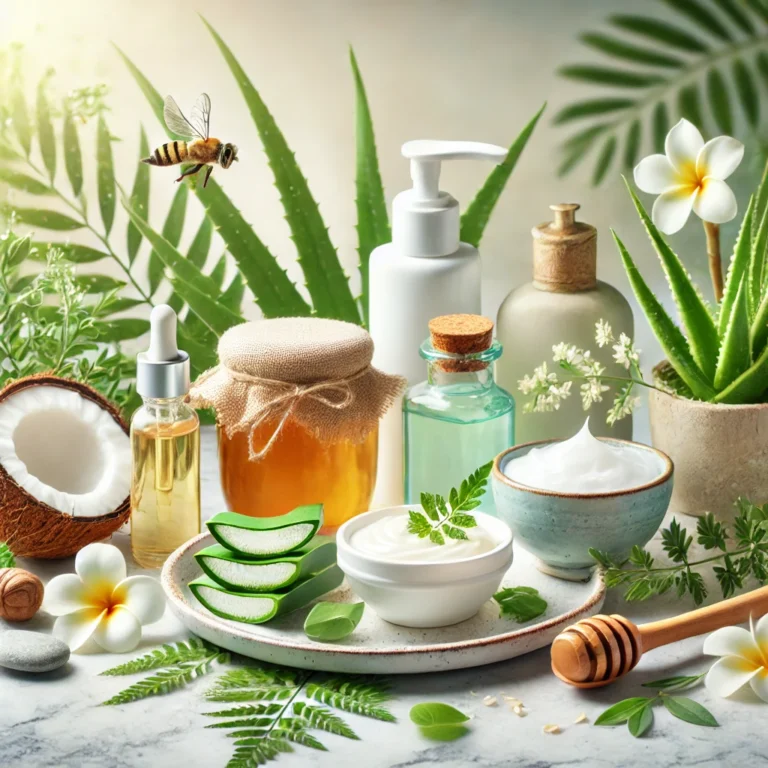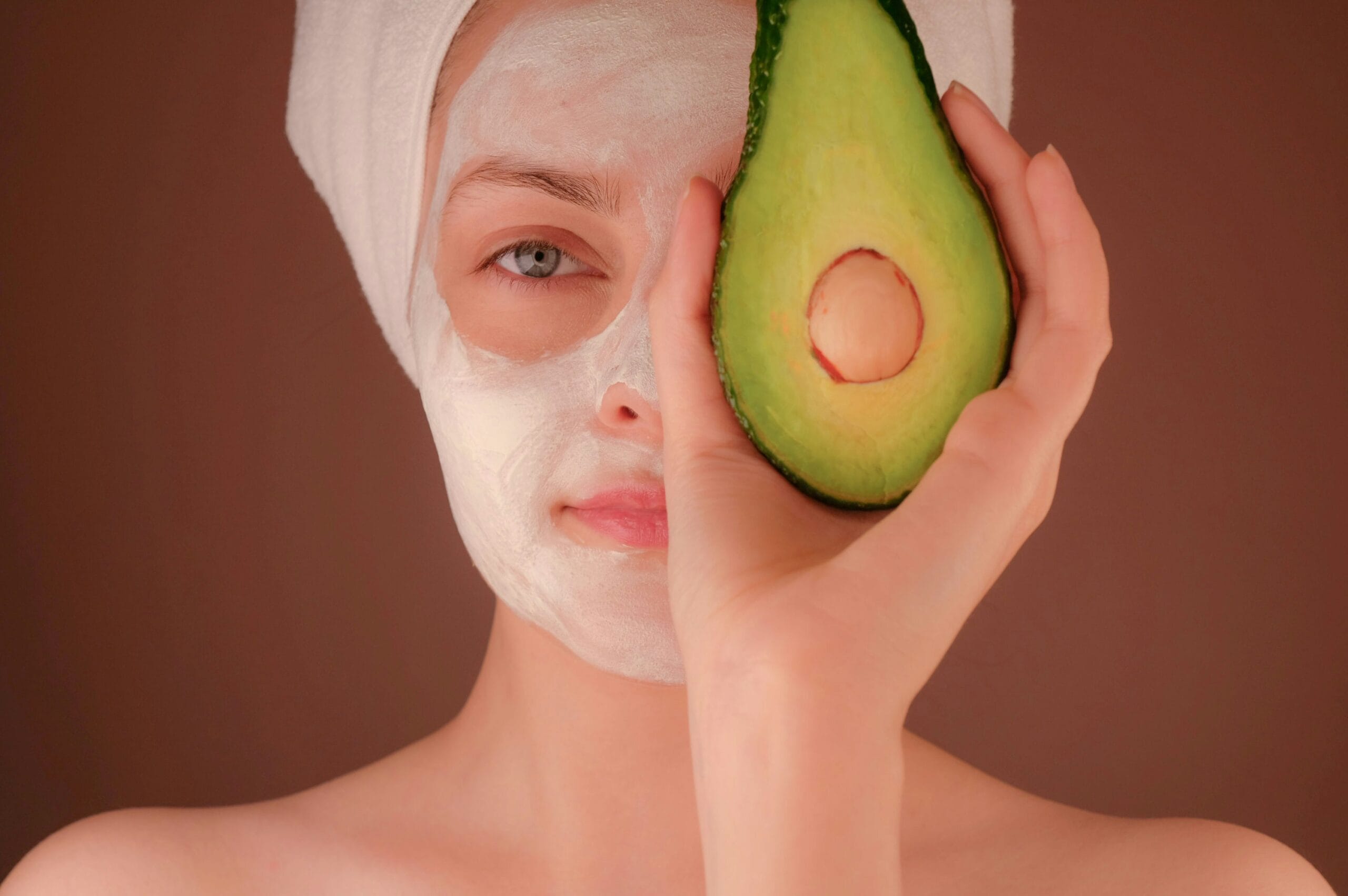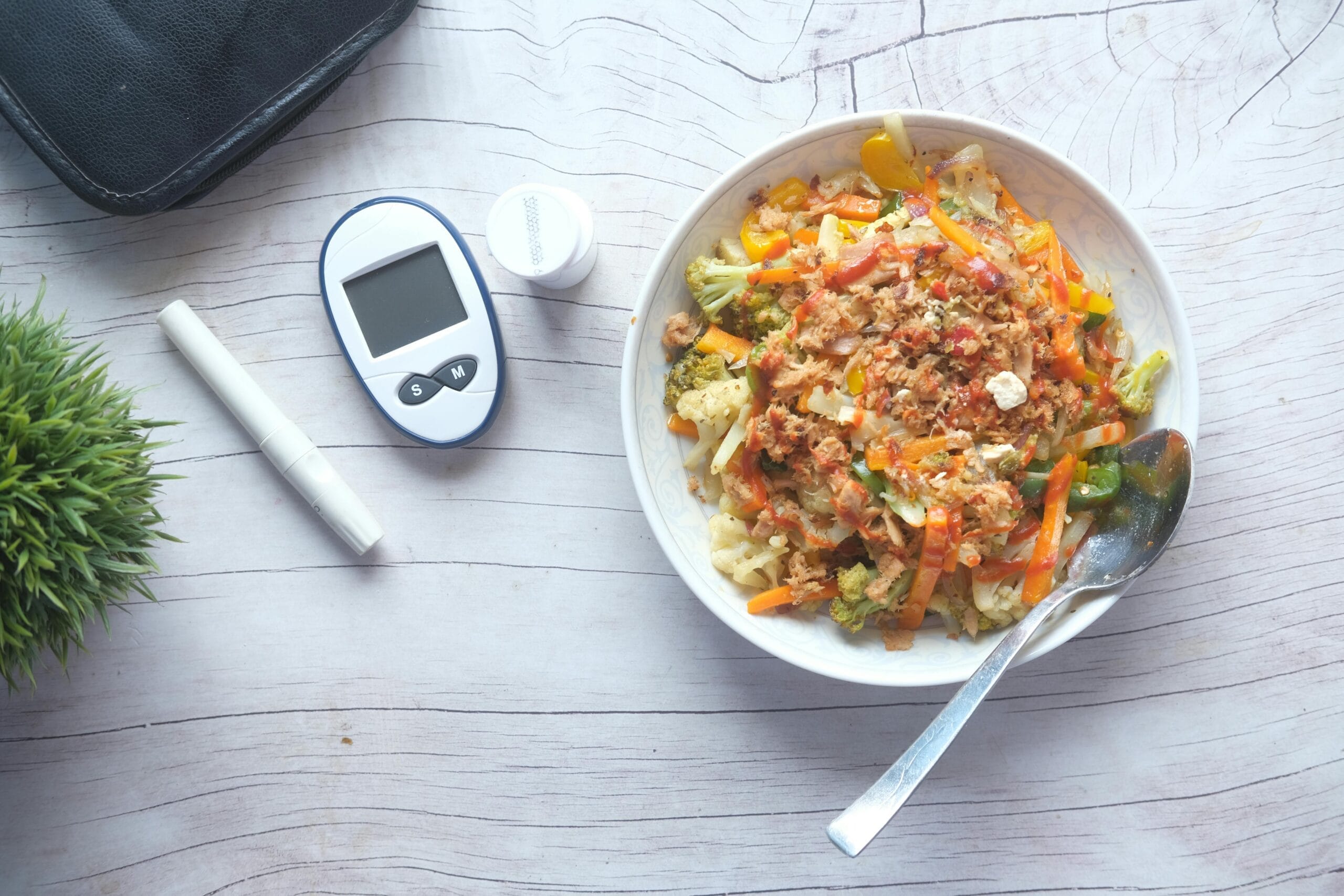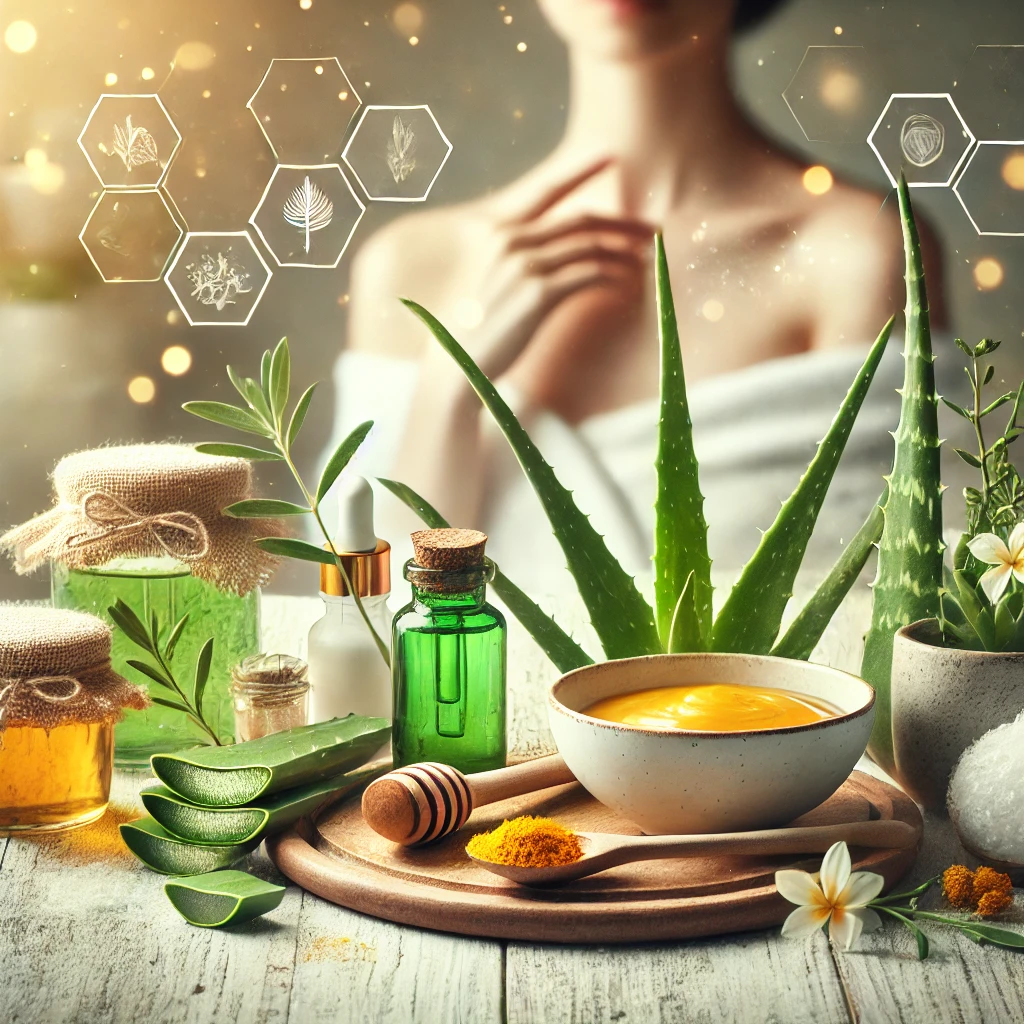The Benefits of DIY Skincare
Creating your skincare with kitchen ingredients has many benefits. DIY skincare lets you control what goes on your skin, avoiding the harsh chemicals found in many store-bought products. Natural, organic ingredients are a safe and customized alternative.
Making skincare at home is also cost-effective. Simple ingredients like honey, oatmeal, and avocado can be transformed into nourishing masks and scrubs that rival expensive commercial options. For example, a mix of yogurt and honey creates a rejuvenating mask that’s both effective and budget-friendly.
DIY skincare is eco-friendly too. Choosing natural products cuts down on plastic waste and lowers your carbon footprint, aligning with a sustainable lifestyle.
Beyond the practical benefits, there is also an emotional gratification that comes from making your skincare products. The process of crafting natural remedies for glowing skin can be a fulfilling and therapeutic activity. It fosters creativity and allows individuals to customize their skincare routine, ensuring a personal touch that commercial products may lack. By understanding how to make face masks at home, you empower yourself to take your skincare into your own hands, truly making it a unique expression of self-care.
Essential Kitchen Ingredients for Skincare
Creating effective DIY skincare remedies can be achieved using various common kitchen ingredients, each offering unique benefits that cater to different skin types and conditions. One such ingredient is honey, renowned for its antibacterial properties, making it ideal for acne-prone skin. Its natural humectant qualities also help retain moisture, allowing for hydrated and glowing skin. Another staple is olive oil, which is rich in antioxidants and essential fatty acids. This makes it an excellent moisturizer that nourishes dry skin, while also providing soothing effects for irritated skin.
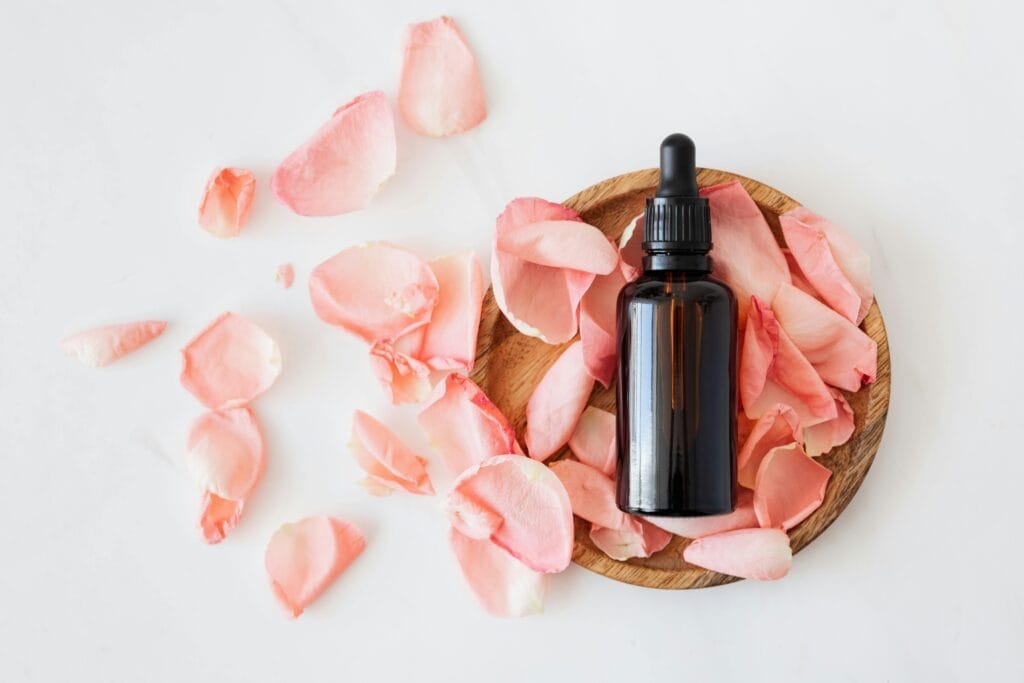
Coconut oil has gained popularity due to its versatility and ability to penetrate the skin, providing deep hydration. It offers antimicrobial properties that can alleviate skin infections and enhance the overall glow of the skin. Additionally, oatmeal serves as a gentle exfoliant, making it suitable for all skin types, especially sensitive skin. When blended into a face mask, oatmeal can soothe irritation and relieve dryness, leaving the skin feeling smooth and rejuvenated.
When selecting these organic skincare ingredients, it is vital to prefer fresh, high-quality produce to maximize the efficacy of your homemade face masks. For instance, fresh honey should be raw or unprocessed to retain its beneficial properties. It’s also advisable to look for pure, organic oils without additives, as chemical-based products can negate the benefits of natural skincare solutions.
Furthermore, understanding potential allergies and skin sensitivities is crucial before proceeding with any DIY beauty treatments at home. Conducting a patch test can help identify any adverse reactions to new ingredients, ensuring that your skincare routine remains safe and effective. By incorporating these best kitchen ingredients for clear skin, you can create chemical-free skincare solutions tailored to your specific skincare needs.
DIY Skincare Recipes to Try at Home
Creating your DIY skincare remedies from ingredients found in your kitchen can be both fun and rewarding. Below are a few easy and effective recipes that you can try at home, ensuring that your skincare routine is both affordable and natural.
One popular option is the avocado face mask, which is ideal for moisturizing. To prepare this mask, mash half an avocado and mix it with one tablespoon of honey and one tablespoon of plain yogurt. Apply the mixture to your face and let it sit for 15-20 minutes before rinsing with lukewarm water. The avocado provides essential fatty acids and vitamins, while honey adds its antimicrobial properties, making it one of the best natural skincare remedies for dry skin.
For a soothing treatment, consider an oatmeal bath, especially for children or anyone with sensitive skin. Simply grind one cup of oats into a fine powder and add it to a warm bath. This natural remedy helps to calm inflammation and itchiness while leaving the skin feeling soft and nourished.
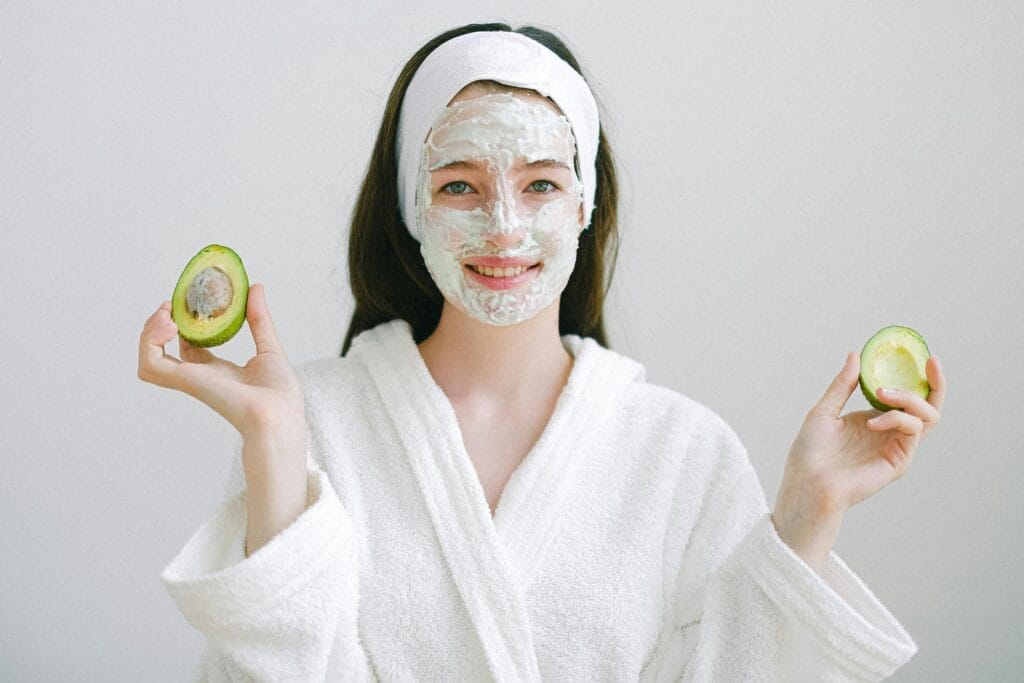
Another refreshing option is a cucumber toner. Blend one cucumber and strain the juice. Add a tablespoon of apple cider vinegar and mix well. This toner can be applied with a cotton pad to tighten pores and provide a cooling sensation. It’s a great addition to your skincare tips, ensuring that you have a refreshing product without any chemical additives.
Feel free to customize these recipes based on the ingredients available to you and your personal skin needs. Storage guidelines suggest keeping homemade remedies in the refrigerator for longevity; most can be used daily or a few times a week, depending on the formulation. Experimenting with kitchen ingredients for skincare can lead to delightful discoveries that enhance your natural beauty.
Tips for Incorporating DIY Skincare into Your Routine
Incorporating DIY skincare remedies into your daily routine can elevate your skincare regimen while embracing the benefits of natural ingredients. Time management plays a crucial role, especially for those juggling busy lives. To begin, it is advisable to designate specific times during the week for self-care. Setting aside a few hours on weekends can allow for creating homemade face masks or natural exfoliators from your kitchen. This dedicated time fosters a more mindful approach, enabling you to enjoy the process of crafting organic skincare ingredients tailored to your skin’s needs.
Balance is key when it comes to blending DIY skincare with store-bought products. You may wish to save your homemade treatments for occasions when your skin needs extra attention while using quality commercial products for daily cleansing and hydration. This combination can enhance your routine, ensuring that you benefit from the best natural skincare remedies alongside effective commercial options. Always exercise caution by conducting skin tests with any new homemade remedies, especially if you are trying different kitchen ingredients for skincare. A patch test can help you to identify any adverse reactions before fully incorporating a new treatment.
Moreover, DIY skincare can be a fantastic family activity. Involving your children in creating natural remedies for glowing skin instills valuable lessons about the importance of self-care and chemical-free skincare solutions. This engaging experience nurtures their creativity and cultivates a foundation for understanding healthy habits. Share simple DIY skincare tips with them, such as how to make face masks at home using accessible kitchen ingredients that are safe and effective. In doing so, you foster a love for natural self-care from a young age, setting a positive example for future generations.

